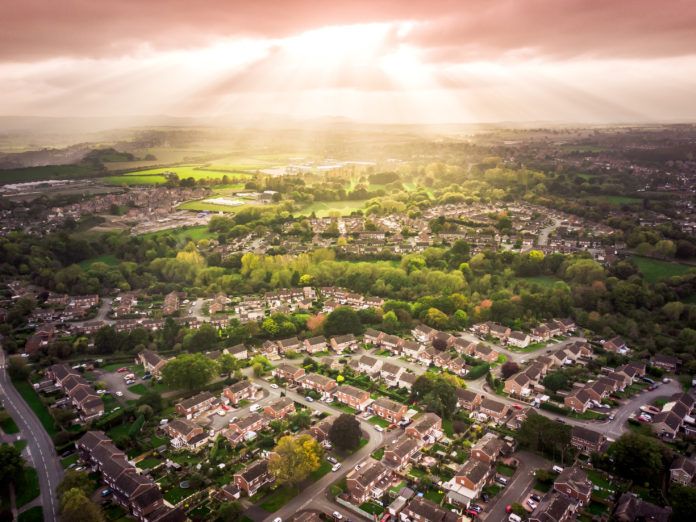
New housing developments should consider the people and environment around them, according to a recent survey from Eurocell, which found that three quarters of UK residents want housing that actively fosters a sense of community.
In Eurocell’s research of 1,000 UK residents, 74% of respondents agreed that housing areas should not just be thought of as individual properties and should instead support healthy local neighbourhoods. This is particularly important right now, as people are staying closer to home and are more likely to create connections in the immediate area.
Boris Johnson’s recently announced “Project Speed” means that the approach taken to building new homes and housing developments is under the spotlight more than ever. As the country is being asked to “build build build”, it’s important that the needs of UK residents are not sacrificed for speed and expediency.
New homes will also have to take into account recent changes in the population’s work-life patterns. In mid-June, the Office for National Statistics found that 49% of workers reported working from home – something that will have led many to reconsider the living space around them and ask how it can better suit their lifestyle and needs.
Homes with built-in working spaces and increased digital connectivity will likely see an increase in demand. In addition, windows that allow for more natural light and soundproofed walls will become even more important factors in creating optimal working environments.
Having homes fit for modern lifestyles was another key finding of Eurocell’s research, which found that 73% of UK residents want housing areas to support advances in technology such as high-speed broadband and electric car charging.
As well as taking into account human factors, many respondents also want communities of the future to have a reduced environmental impact. Seventy-five percent of respondents said that tomorrow’s homes should be made using sustainably sourced materials, and a further 76% said that communities should provide habitats for the local wildlife.
Commenting on the findings, Ian Kemp, sales director at Eurocell, said: “The construction industry was already facing a challenge with the government’s target to build 300,000 new homes a year. Now, as work-life patterns have changed and many are spending more time in their houses than ever before, the importance of making sure these new homes satisfy the demands of residents has become even more vital.
“To ensure that the UK truly “builds back better”, we need to make sure that we are listening to the demands of the country’s residents. Right now, the construction industry is gearing up to start building again, and in the rush to get back on-site, it must not forget about issues such as creating spaces fit for new patterns of life, as well as meeting demanding community, functionality and sustainability standards.
“Our research shows that UK residents want to know that their whole community has been carefully considered, including both how the buildings are made and how they interact with the world around them. As public transport use reduces and more people choose to stay closer to home, our immediate communities are going to play an even more important role in our lives, and so the buildings and open spaces that surround us need to cater to these changes and support a more community-minded way of life.”
The Future Communities report can be downloaded in full here.



